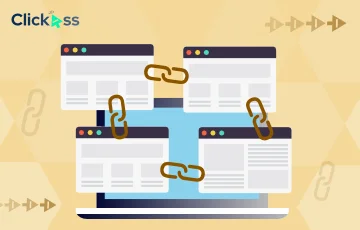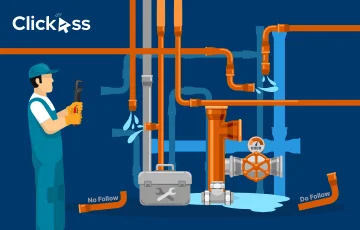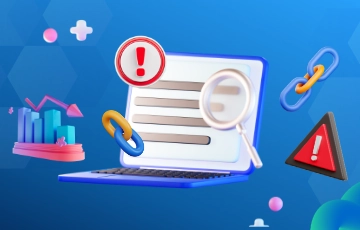Key Takeaways
- Cold outreach rarely scales. Natural backlinks, earned through trust and visibility, offer long-term SEO value without annoying inboxes.
- High-utility content—like tools, templates, opinion pieces, or data-driven guides—attracts backlinks passively over time.
- Building real relationships, contributing to communities, and optimizing for search are non-negotiables if you want backlinks that actually stick.
Say you spend hours creating solid content, but no one’s linking to it. Meanwhile, others post average stuff and somehow attract links like magnets.
The difference? Natural backlinks.
Relying on cold outreach might work once or twice, but it doesn’t scale—and let’s be honest, most people ignore those emails anyway.
This guide breaks down white-hat ways to earn backlinks naturally without spamming inboxes.
Ethical, long-term strategies that work while you sleep.
What Are Natural Backlinks?

Natural backlinks are links that other websites give you without being asked.
No outreach emails.
No payment.
Nothing.
They’re a genuine, unsolicited vote of confidence. These links happen when someone finds your content useful, relevant, or insightful enough to reference in their own writing.
They’re a core part of white hat backlinks—the kind Google loves.
Think of them as organic referrals. You didn’t chase them; they found you. Natural backlinks often come from editorial mentions, citations in blog posts, or even journalists referencing your research or tools.
Why Google Favors Natural Link Signals
Natural backlinks reflect trust from real people—not SEO manipulation. That’s why Google considers them a strong signal of authority.
- They are editorially given, not coerced.
- They often come from topical relevance, indicating contextual value.
- They’re diverse in source and anchor text, which keeps your backlink profile balanced.
- They grow over time, showing long-term credibility.
Natural vs. Unnatural Links
Not all backlinks are created equal. While natural links are earned through merit, unnatural links are often manipulated—and that’s exactly what puts your site at risk with Google.
Here’s the major difference between both:
| Type | Natural Links | Unnatural Links |
| How they’re acquired | Organically, without asking | Manually, often through outreach or payment |
| Intent | Editorial reference or genuine recommendation | Manipulate rankings or fulfill SEO strategy |
| Risk Level | Low | High (can trigger penalties if detected) |
| Google’s View | Positive ranking signal | Potential violation of guidelines |
| Common Sources | Blogs, media, forums, research citations | Guest posts, paid placements, PBNs |
Why Avoid Cold Email Outreach?
Cold outreach might sound like a fast-track to backlinks, but it often leads to more frustration than results.
It’s noisy, overused, and increasingly ineffective in a saturated inbox culture—especially when compared to relationship-driven strategies that offer long-term link building benefits.
1. Limitations of Cold Email Link Building
Cold outreach may feel proactive, but it’s rarely efficient or sustainable when it comes to long-term SEO.
It comes with multiple limitations, such as:
- Lack of context: Most cold emails land in inboxes without relevance to the recipient’s content strategy. That’s why they’re ignored.
- Reputation risk: Overdoing outreach can get your domain flagged for spam. If you’re using your brand’s main domain, that’s a disaster.
- Time drain: Crafting personalized emails, finding contact info, managing follow-ups—it all adds up. And it’s not scalable unless you have a team or automation tools.

2. The Low Response + High Rejection Reality
No matter how polished your pitch is, most people won’t open it—and fewer will say yes.
- Open rates drop fast: Inboxes are cluttered. Most cold pitches get deleted before they’re read.
- Replies aren’t wins: A reply doesn’t equal a backlink. Many responses are “no thanks,” “not interested,” or payment requests—aka, not “natural” links.
3. Focus on Value Over Volume
More emails don’t mean more backlinks. Creating something worth linking to will outperform mass outreach every time.
For example, a niche stats page with original data can attract dozens of backlinks over time—no emails required. Hence, when people want to reference your content, the link builds itself.
📚Also read: What Are Editorial Links? (+ How to Earn Them)
8 Strategies to Earn Natural Backlinks
You don’t need a massive PR budget or a full-time outreach team to earn high quality backlinks.
What you do need is content that people actually want to reference, cite, or share.
Here’s where to start:
1. Create Exceptional, Shareable Content
The most consistent way to earn natural backlinks is to publish content so useful that people can’t help but link to it.
Not generic “10 tips” stuff—but genuinely helpful resources that fill a gap or save time for others in your niche.
For instance, Backlinko’s “Complete List of SEO Tools” has earned over 9,000 backlinks and been shared more than 9,000 times.
It’s exhaustive, regularly updated, and hits user intent dead-on. The format: clear sections, actionable blurbs, and clean layout—basically, everything a content writer or SEO wants when linking to a resource.
Here’s what works best:
i. Original data & research
Content with unique insights or findings attracts links fast. Think surveys, user behavior studies, or performance benchmarks. If your post has stats no one else has, writers and journalists will come to you.
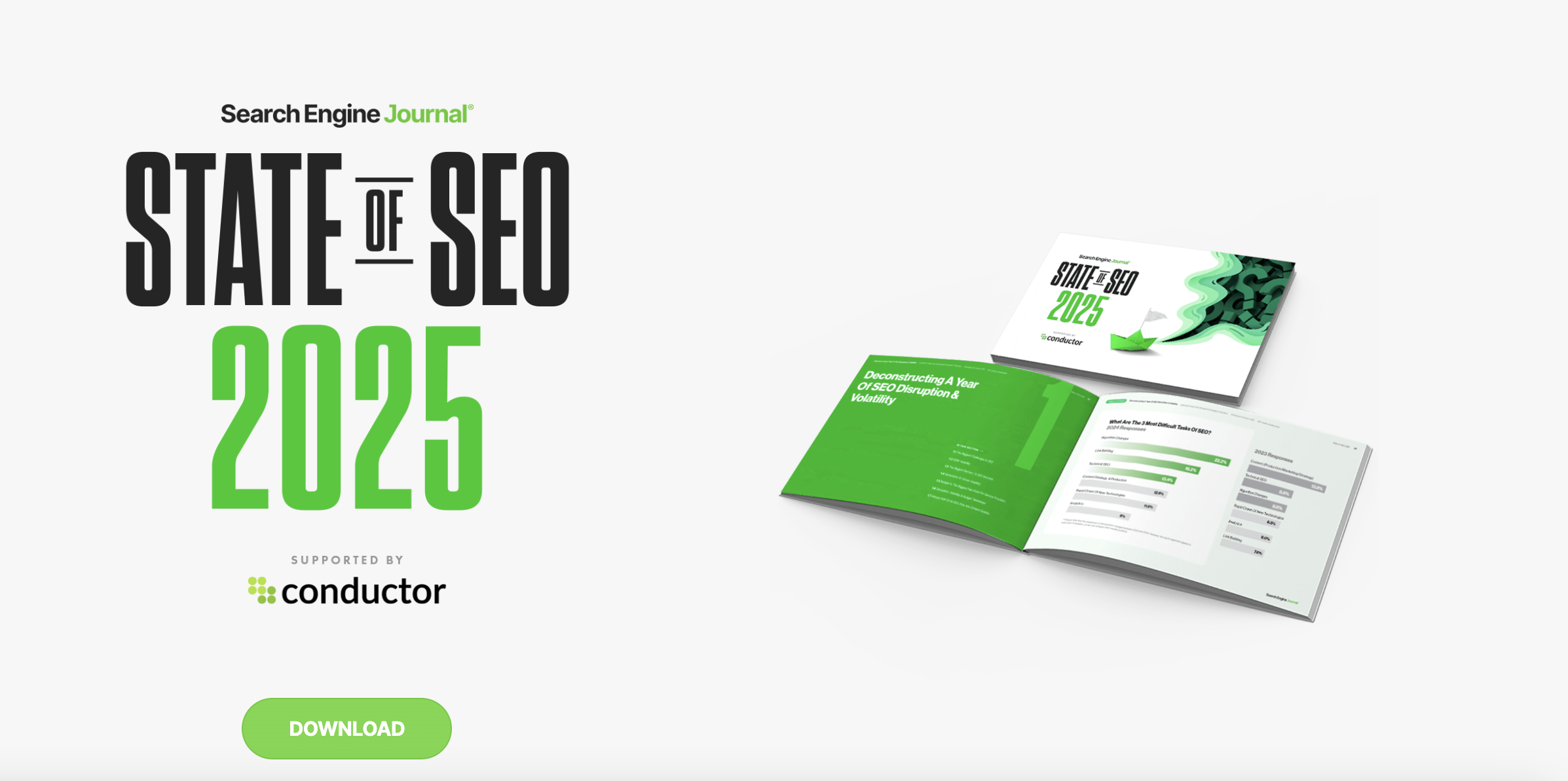
ii. Evergreen guides
Long-form content that stays relevant over time is link gold. These are comprehensive posts that answer search intent clearly and in detail. The key is depth + structure.
Make sure you optimize for “how to,” “best of,” or “complete guide” searches. Add visuals, examples, and subheaders to make it easy to navigate.
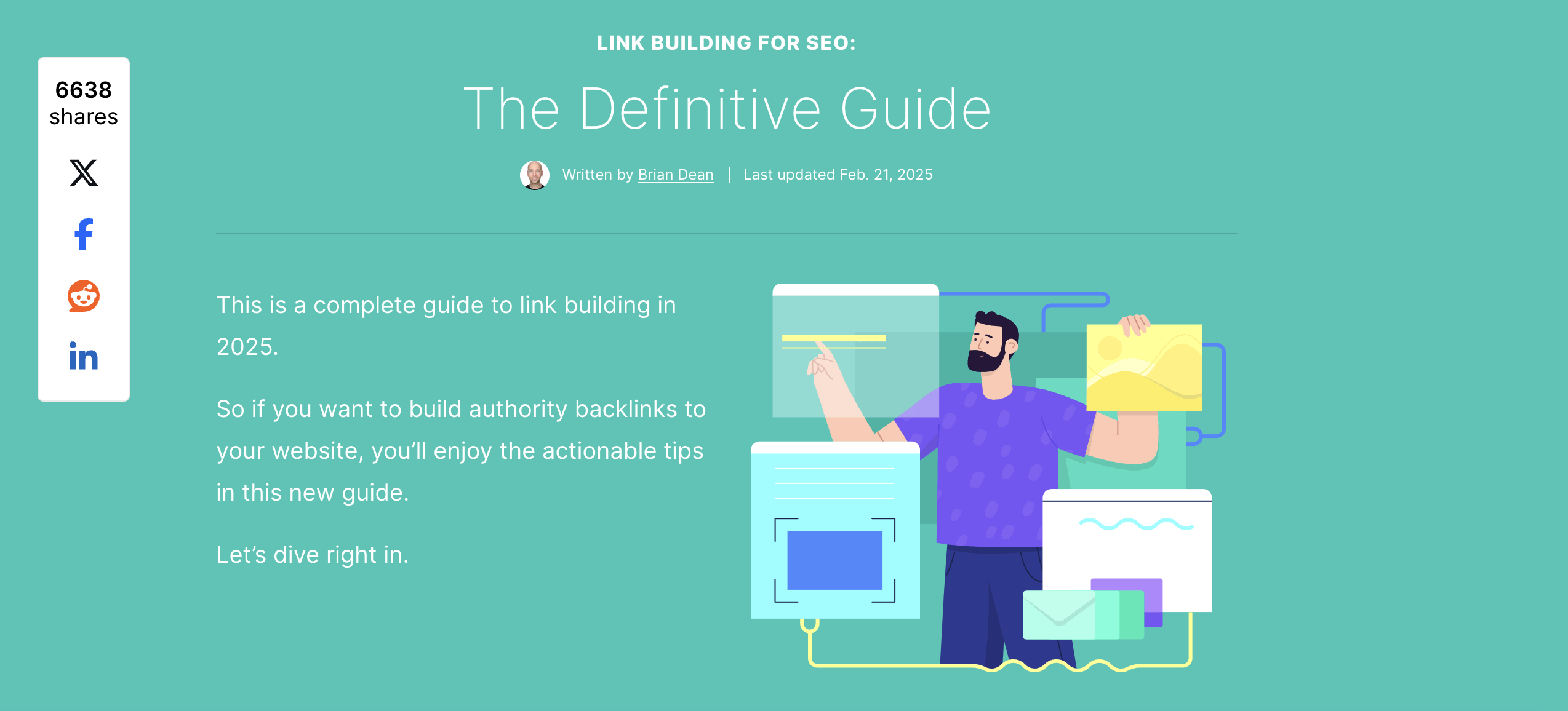
iii. Infographics
Visual summaries simplify complex data and are highly shareable. Bloggers love embedding them in posts, especially if you offer an embed code.
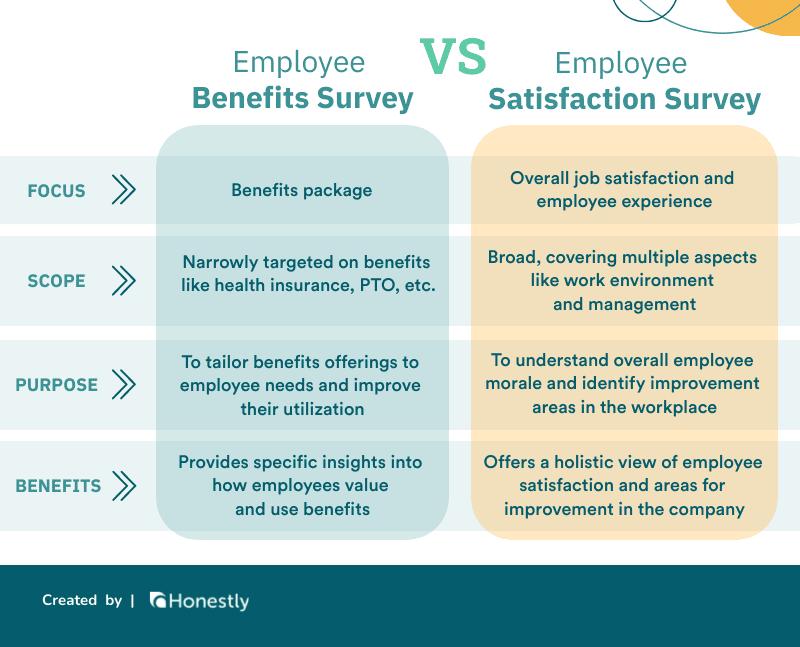
iv. Statistics pages
Curated pages that pull together the latest stats on a topic consistently rack up backlinks.
Journalists, bloggers, and students constantly search for up-to-date data to support their claims.

2. Become a Source For Reporters and Bloggers
If you want natural backlinks from high-authority sites, you need to be where journalists and bloggers are looking for expert input. Instead of begging for links, position yourself as the go-to source when they need one.
For instance, Ahrefs published original research on how most websites receive AI traffic.
It was picked up by major SEO blogs, marketing newsletters, and earned links from over 100 referring domains in less than a month.

These mentions come with built-in credibility—and links that actually move the needle.
Here’s how you can make it happen:
- Register on platforms like Help a B2B Writer and Featured.com: These services match journalists with qualified sources.
- Set up your profile and check daily for requests in your niche.
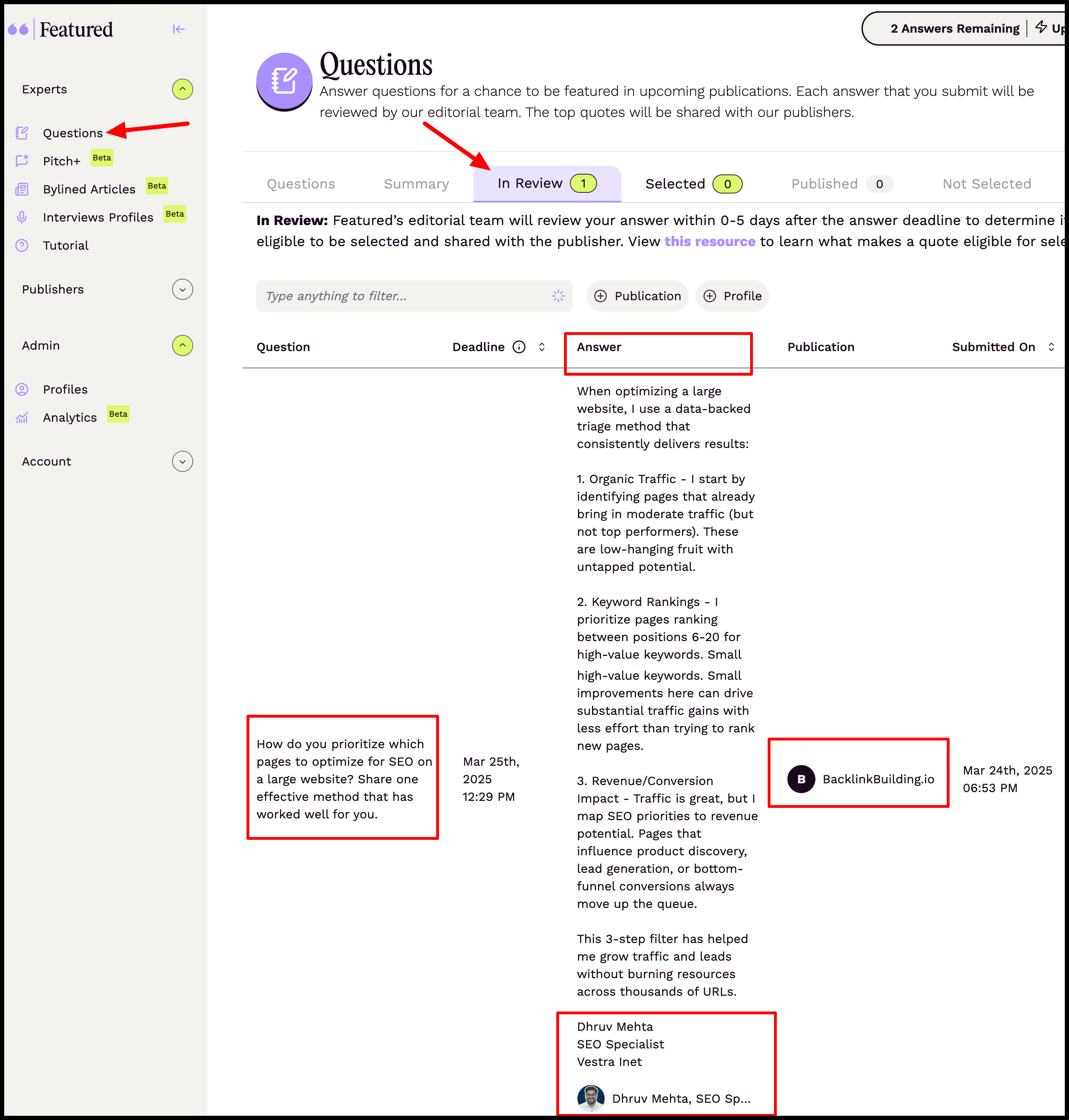
- Respond fast and stay relevant: Journalists are usually on a deadline. The quicker you reply (with a short, direct quote), the more likely you are to get featured.
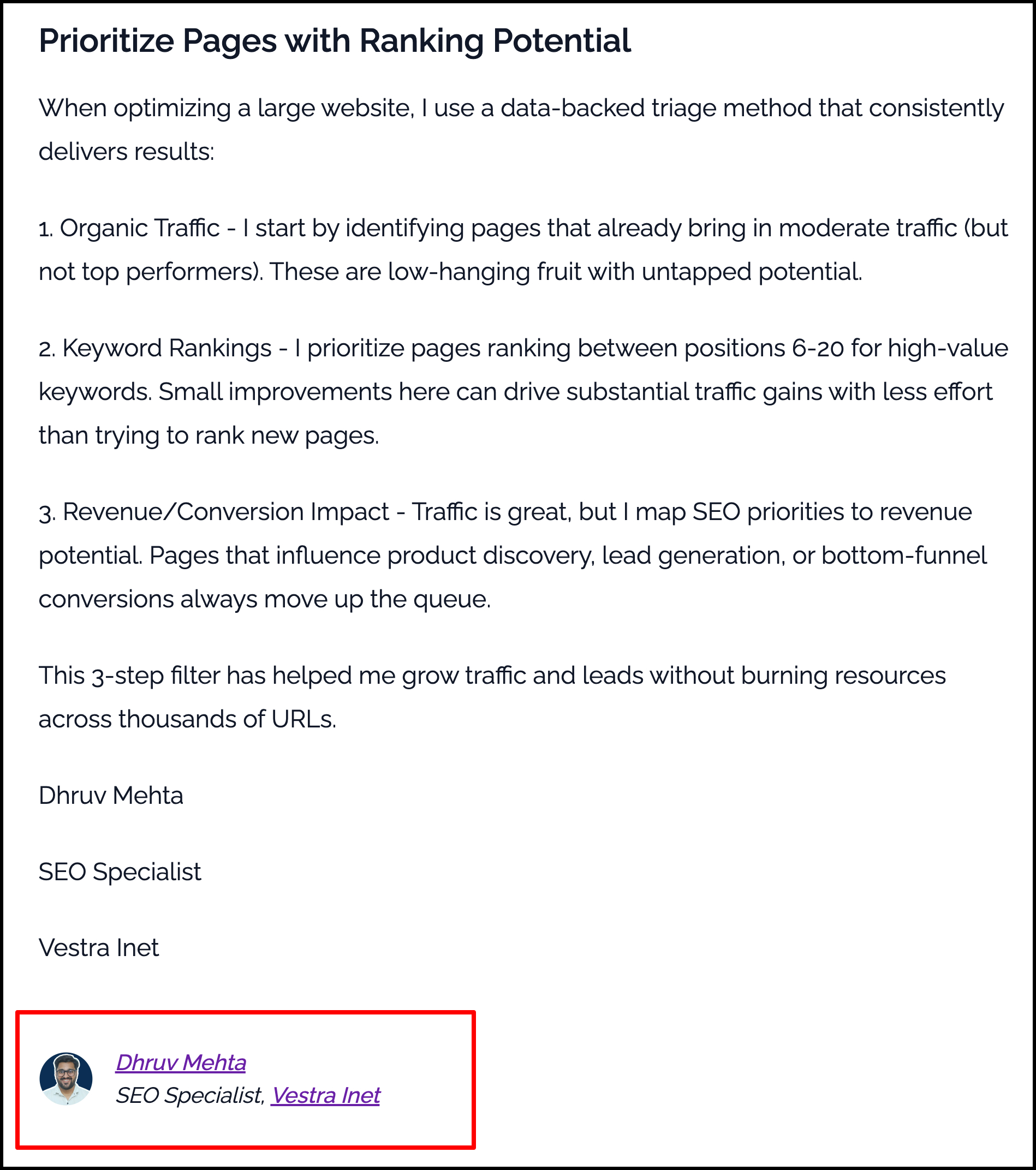
- Focus on quality over fluff: Offer unique insights, real data, or contrarian takes—not generic SEO tips that anyone could find in two clicks.
- Include a link-worthy asset: If relevant, share a resource like a case study, stats page, or tool they can reference. This boosts the odds of earning a backlink, not just a name drop.
- Keep track of your contributions: Build relationships by thanking the editor and sharing the article. A good experience means they might reach out to you next time.
📚Also read: 9 Underrated Techniques to Get High Authority Backlinks in 2024
3. Build Free Tools or Templates
If you want to earn natural backlinks on autopilot, offer something people can use—not just read. Free tools, calculators, templates, and widgets are some of the most effective ways to do this. They solve real problems and offer immediate utility, which makes them highly shareable and link-worthy.
For instance, a simple EMI calculator offered by Groww attracts thousands of backlinks every month.

Similarly, if you’re working in the marketing industry, a free SEO audit tool or meta tag generator can get embedded on dozens of roundup lists and tutorials.
Even something as simple as a social media content calendar template in Google Sheets can rack up links when shared with the right communities or listed on popular resource pages.
4. Write Articles With Thought-Provoking Opinions
Sharing bold, well-reasoned opinions is one of the most underrated ways to attract natural backlinks.
When your content challenges popular beliefs or offers a fresh perspective, it stands out in a sea of generic advice—and people tend to reference it in debates, analysis pieces, or response articles.
For instance, a recent article by the Verge on Nintendo’s new specifications got over 200 backlinks in less than 2 days.

Why?
It wasn’t just news—it took a stance.
Writers, bloggers, and fans either agreed, disagreed, or wanted to reference it in their own commentary.
If your content makes people think (or rant), you’ve got a shot at real, unsolicited links.
5. Participate in Communities Without Pitching
This is one of the most overlooked link-building strategies.
Just show up and contribute.
When you’re consistently active in industry forums, Slack groups, Reddit threads, or under LinkedIn posts, people start to recognize your name and trust your input.
Over time, that credibility turns into backlinks—without you ever having to ask.
You don’t need to drop links to your blog in every comment (in fact, don’t). Instead, answer questions, offer insights, and be genuinely helpful.
Maybe someone asks about SEO tools in a Slack channel—you mention your experience and casually reference your free audit checklist. If they check it out and like it, boom: future citation.
6. Relationship-First Link Building
Forget transactional outreach—real backlinks come from real connections.
When you focus on building relationships first, links often show up without asking.
People are far more likely to mention your content if they know you, trust you, or have interacted with you in some meaningful way.
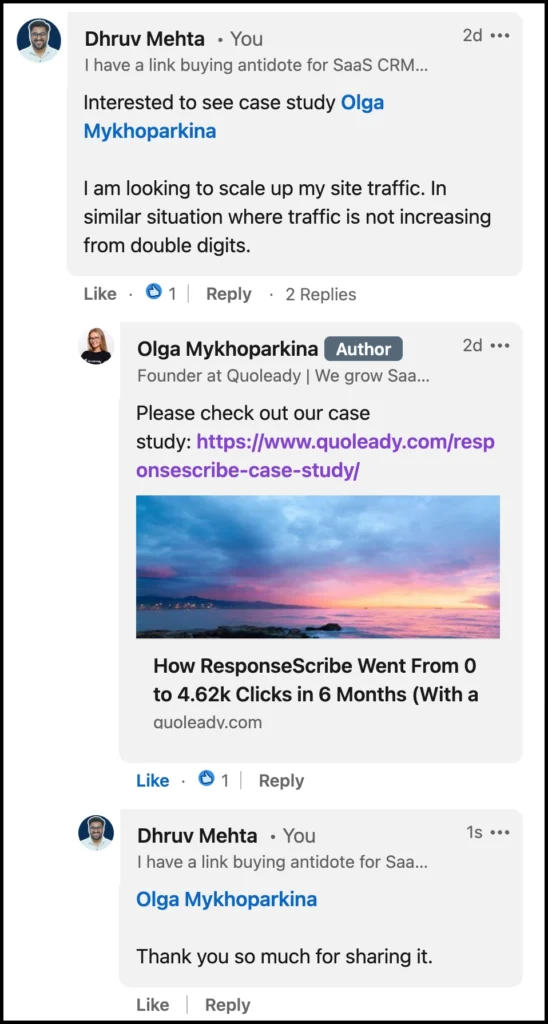
🔗 Resource Suggestion:
Want to find relevant sites worth building relationships with?
Start here → Link prospecting guide
How to Build SEO-Friendly Relationships Online
Backlinks from people who know and trust you carry more weight—and are far easier to earn.
Instead of chasing strangers, build real digital relationships that turn into organic link opportunities.
Here’s how to do it:
- Follow and engage on social media: Start with platforms like LinkedIn, X (Twitter), or niche communities. Respond to posts, share their content, and be consistent without being clingy.
- Leave thoughtful blog comments: Add value to conversations. A sharp comment can get you noticed by site owners or editors.
- Join Slack groups, forums, or Discord servers: These are often full of content creators, marketers, and niche influencers open to collaboration.
Example: Top of the Funnel (TOFU)
- Feature others in your content: Include relevant creators in roundups, interviews, or quote-style pieces. It’s a natural icebreaker.
Example: Top AI-Powered Link Building Trends for 2025 [From 15 Experts]
- Support their work before asking for anything: Share their launches, write testimonials, or leave reviews—actions that build goodwill fast.
Giving Comes First – Engage, Comment, Collaborate
Offer value without expectation. Share their content. Give them a shout-out in your next post. Feature them in a roundup or podcast episode.
When you contribute to their success, the relationship starts to grow naturally—and so does your backlink potential.
Let Links Come Naturally Through Trust
The most powerful backlinks don’t come from cold emails.
They come from creators, editors, and marketers who want to support you. When you’re seen as part of the community—not just someone chasing SEO metrics—links follow. Not instantly, but steadily and organically.
7. Contribute to Newsletters
Newsletters are a goldmine for exposure and natural backlinks.
Many creators are constantly looking for fresh, valuable content to include in their next send. If your article, tool, or resource fits their niche, they’re often happy to feature it (with a link).
You don’t need to write for a massive Substack, either.
Smaller, niche newsletters with engaged audiences are often even better.
For instance, the popular Newsletter “The Hustle Daily,” founded by Sam Parr and later acquired by Hubspot, has a massive natural backlinks (4.7 million, to be precise) portfolio.

🌍 Looking to get featured in foreign-language newsletters?
Our multilingual backlinks approach helps you reach newsletter editors worldwide.
8. Optimize Your Content for Google
If people can’t find your content, they can’t link to it. That’s where SEO optimization comes in. The better your content ranks, the more exposure it gets—and the more likely someone will link to it organically.
Start by targeting long-tail, low-competition keywords that match actual search intent.
Use clear headlines, proper structure, and relevant internal links.
Tools like SurferSEO or Clearscope can help you match on-page signals Google likes. When your post starts showing up for search terms, backlinks start showing up too—without a single email sent.
Monitor & Optimize Your Link Profile
Earning natural backlinks is great—but tracking them is what turns link building from guesswork into strategy.
If you’re not monitoring your link profile, you won’t know what’s working, what needs fixing, or where new opportunities are hiding.
Here are some tools that you must use to track your backlinks:
| Tool | Description | Why It Matters |
| Ahrefs | Tracks backlinks, referring domains, anchor text, and lost links. | Helps you spot what content gets links and where they’re coming from. |
| SEMrush | Offers backlink analytics, link toxicity scores, and competitor tracking. | Identifies harmful links and lets you benchmark against others in your niche. |
| Google Search Console | Shows some incoming links directly from Google’s own index. | Good for spotting high-value links Google recognizes in your rankings. |
| BuzzSumo | Tracks content performance and who’s linking/sharing it. | Perfect for analyzing link-worthy content across platforms. |
| Monitor Backlinks | Combines backlink tracking with keyword and SEO monitoring. | Ideal for smaller teams needing a clean interface and alert system. |
How to Identify What Content Attracts Links
Here’s a step-by-step process on how you can identify which content attracts links:
- Run a backlink report in Ahrefs or SEMrush for your domain.
- Sort by referring domains to see which pages pulled the most links.
- Look for patterns—are they tools, guides, stats, thought pieces?
- Note the content format and angle. Is it evergreen, data-driven, or opinionated?
- Compare this to underperforming content to refine what you publish next.
✅ Pro Tip: Recreate + Repurpose Top-Performing AssetsIf a post or tool earned 50+ backlinks, don’t just celebrate—scale it. Turn a guide into a video, a template into a tool, or a blog into a LinkedIn carousel. Repurposing multiplies your reach and gives people more ways to discover—and link to—you. |
Final Words
Natural backlinks aren’t quick wins—they’re long-term SEO fuel.
Instead of chasing links, focus on creating value that earns them. The more useful, visible, and trusted your content becomes, the more links it attracts—without the spammy outreach.
We helped SaaS brands like Kualitee earn 60+ DR50+ links — without cold outreach, guest post swaps, or spammy tactics.
Frequently Asked Questions (FAQs)
1. Why is natural link building so difficult?
Because you’re competing for attention in a noisy web. With millions of blog posts published daily, your content has to be exceptional and visible.
Without an existing audience or strong search rankings, even great content can go unnoticed, which means fewer natural links.
2. How do beginners get backlinks?
Start small and strategic.
Create useful content (like templates or how-to guides), share it in relevant communities, contribute to newsletters, and register on platforms like Help a B2B Writer.
Focus on value—not volume—and let your content do the heavy lifting.
3. Is it legal to buy backlinks?
It’s not illegal, but it does violate Google’s guidelines if the goal is to manipulate search rankings. Paid links can work in some industries, but they come with risk—especially if the sites are low quality or link out excessively.
4. What types of content attract natural backlinks?
Content that offers real utility—original research, stats pages, calculators, evergreen guides, infographics, and strong opinion pieces. The more unique or helpful your content is, the more likely people will link to it without being asked.
5. Can you rank without building backlinks manually?
Yes—but it takes time. If your content is optimized for SEO and satisfies search intent, it can climb the rankings and gradually attract backlinks on its own.
That said, combining content strategy with light promotion speeds things up considerably.
About The Author
Sanjoli Jain
Content writer and strategist with over 5 years of experience helping SaaS brands grow through research-backed storytelling and SEO. I enjoy unpacking dense SEO topics and shaping them into content that moves the needle. You'll always find me chasing the sweet spot between clarity, strategy, and search performance.
Table of Contents
ToggleRelated Posts
SaaS Link Building Playbook for Faster SEO Wins
How to Choose the Right White Label Link Building Partner for Your SaaS SEO Agency
Forum Backlinks in 2025: Strategy, Risks & Truth
13 Cold Email Tweaks That Improved Backlink Outreach (Backed by Experts)
Domain Rating vs Domain Authority – What SEOs Should Focus On
Leading White Label Backlink Services: Ranked & Reviewed
Relevant Links Guide: Master Contextual Backlinks Today
Manual Link Building in 2025: A Human-First Guide
Contextual Link Building in 2025: A Practical SEO Guide That Works
Mastering International Link Building in 2025
Beyond DR: Real Link Building Metrics That Actually Work
10 Proven Ways to Sell Backlinks and Earn $30K a Year
How To Earn Natural Backlinks Without Cold Emails
The Ultimate Guide to Organic Link Building in 2025: Future-Proof Your SEO
Top AI-Powered Link Building Trends for 2025 [From 15 Experts]
Link Prospecting Guide: Find High-Quality Backlinks
Inbound Link: What it is & How It Affects Your SEO Rankings?
Backlink Management Guide: Unlocking Top Tools and Strategies
CTR Manipulation: Discover Ethical SEO Alternatives
Niche Relevant Backlinks: Comprehensive Guide (2025)
White Label Link Building 101: A Guide for SEO Agencies
10+ Niche Driven SEO Strategies to Boost Your Traffic & Revenue
How to Check Who Links to My Site Or Any Site for Better SEO?
What Are Editorial Links? (+ How to Earn Them)
Link Building Checklist (2025): Smart Strategies for SEO Pros
20+ Link Building Benefits for SEO Mastery and Growth
Unlocking the Power of Reciprocal Links in 2025: Strategies for SEO Success
13 Link Building Challenges & How to Overcome Them
16 Link Building Mistakes to Avoid in 2024
What Are PBN Backlinks? (And Why You Shouldn’t Use Them)
Analyzing Your Backlink Profile for SEO & 2 Perfect Examples
10 Ways to Index Backlinks Faster in 2024
Nofollow vs. Dofollow Backlinks: Understanding Their SEO Implications
Tiered Link Building: Everything You Need to Know
What is Link Equity and How Is It Determined?
Link Building 101: Master The Basics and Beyond
The Power of Backlinks: Why They Are Essential for SEO Success
Link Insertion: How to Do it with $0 Investment?
Everything You Need to Know About Link Farming
9 Underrated Techniques to Get High Authority Backlinks in 2024
Doorway Page Explained: Ultimate Effects on SEO And Rankings
Top of Funnel Marketing For SaaS: Strategies, Measurement, and Examples
Link Building Outsourcing: The Definitive Guide [2023]
8 Cost-Effective Ways to Get You Higher Search Engine Rankings
An Ultimate Guide to Growth Marketing





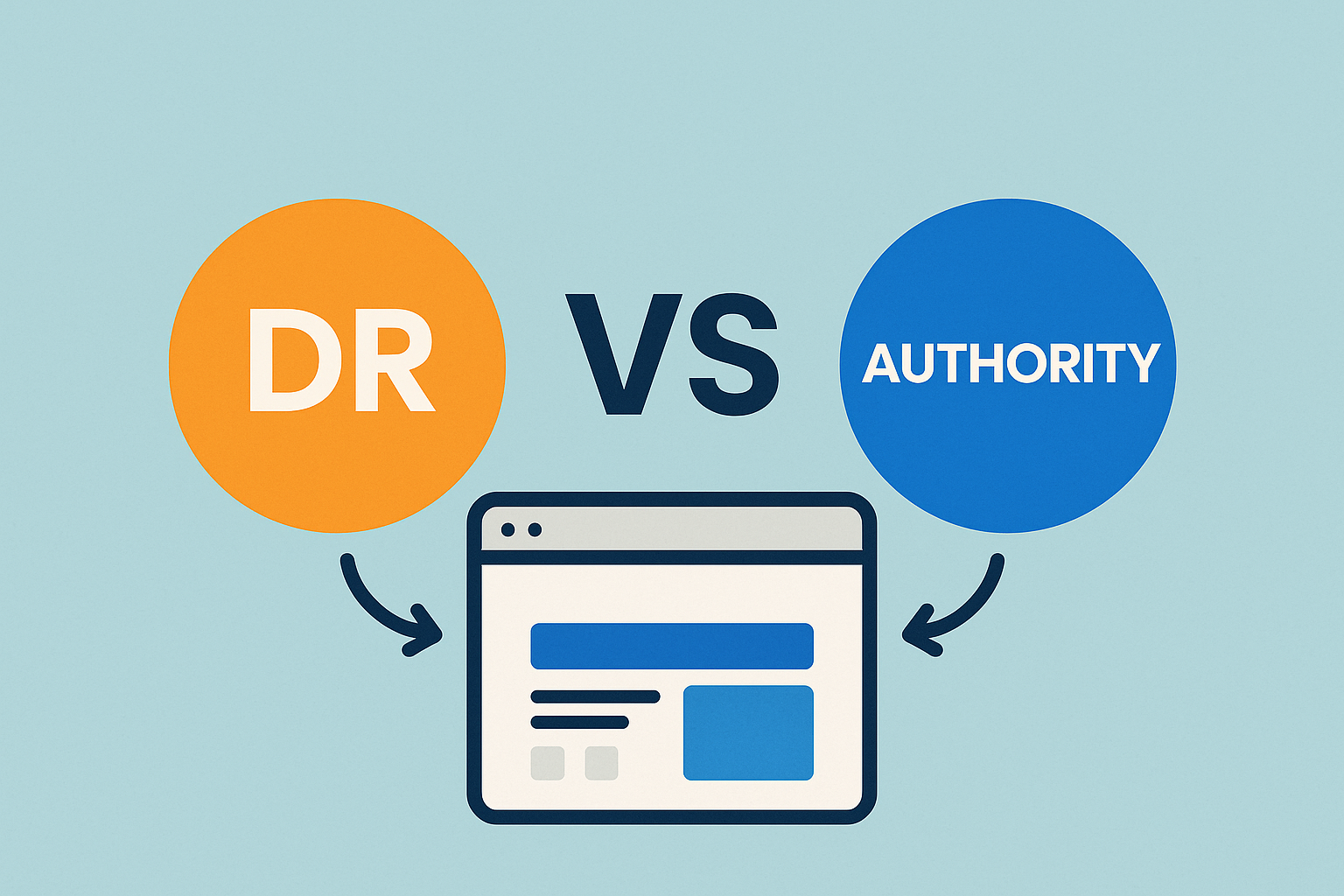



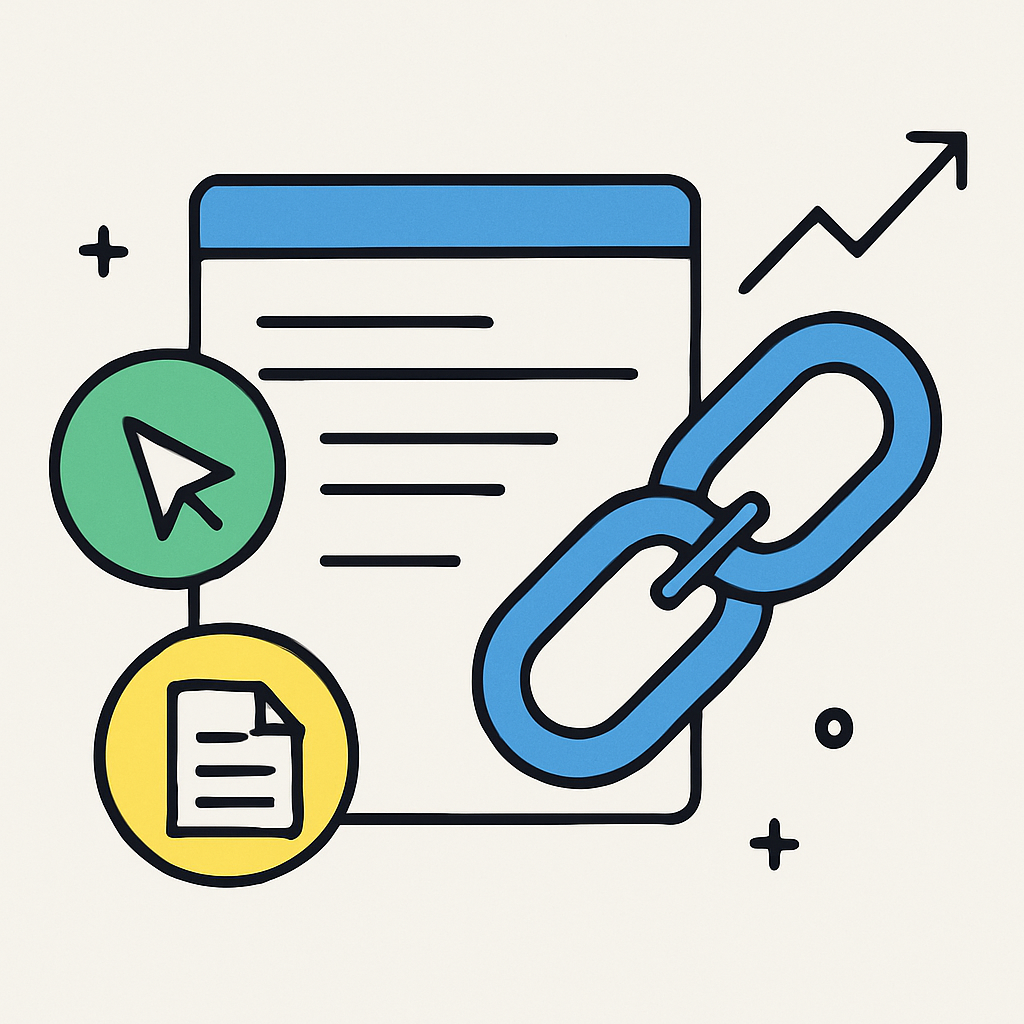


















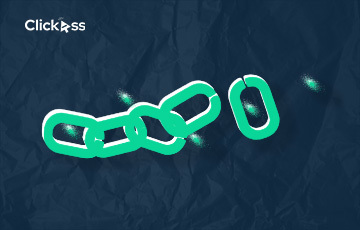

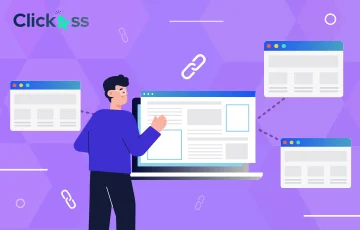
![Backlink Profile: Analysis + [2 Perfect Examples]](https://clickass.io/wp-content/uploads/2024/01/Examples-of-Perfect-Backlink-Profile3-1.webp)
